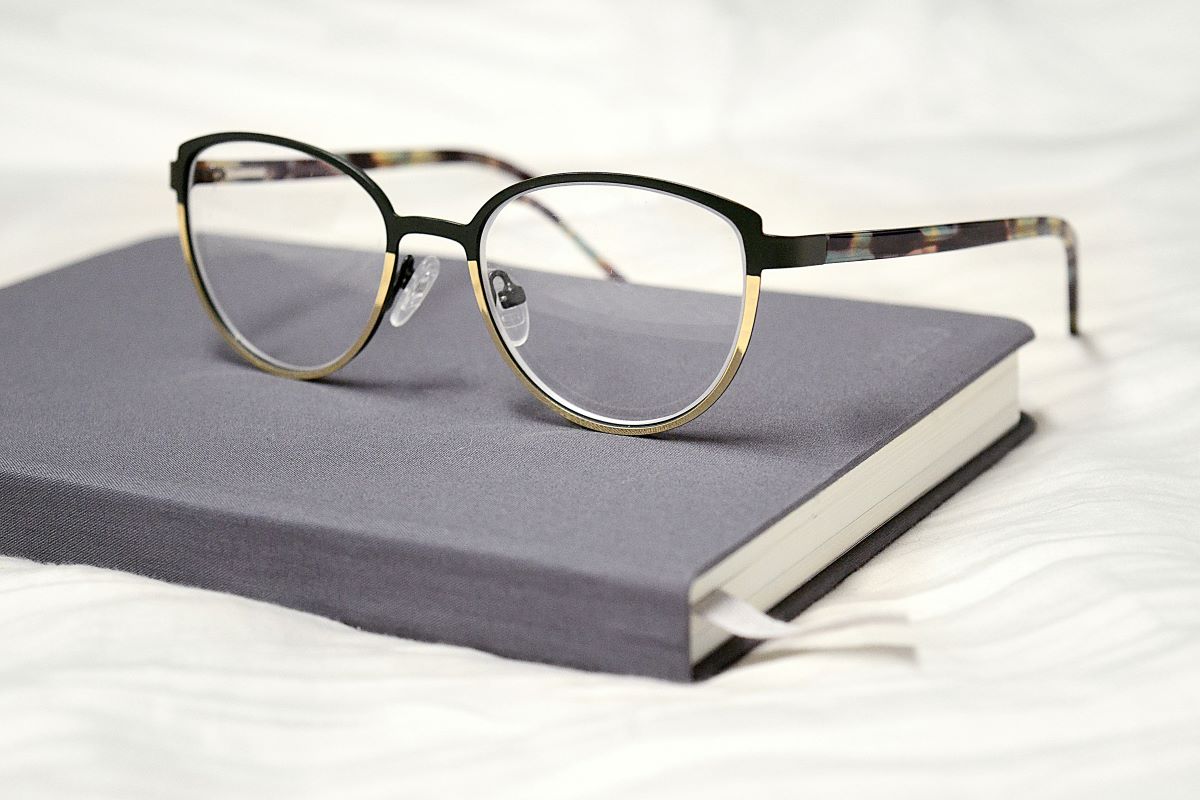
When wearing glasses for the first time, many people experience common issues such as discomfort, slipping frames, or pressure marks on the nose bridge. These problems can make adjusting to glasses a frustrating experience. However, choosing the right nose pads can significantly improve comfort, enhance stability, and prevent irritation. Different types of nose pads offer varying levels of softness, durability, and grip, making it essential to understand their features to find the best fit for your needs.
In this guide, we will explore the different types of nose pads, their advantages and disadvantages, and how to select the most comfortable option based on your personal preferences and lifestyle.
Best for: Long-term wearers, individuals with sensitive skin
Advantages:
Soft and cushioned for maximum comfort
Effectively reduces pressure on the nose bridge
Non-slip texture helps keep glasses securely in place
Disadvantages:
May turn yellow over time due to exposure to oils and sweat
Requires frequent cleaning to maintain clarity and hygiene
Recommended for: People who wear glasses for extended periods and require a gentle, skin-friendly material that reduces pressure and prevents discomfort.

Best for: Heavy glasses frames, individuals with a low nose bridge
Advantages:
Provides extra cushioning to reduce pressure marks
Enhances comfort, especially for metal frames
Helps prevent slipping, offering better frame stability
Disadvantages:
Some models may deflate or wear out over time, requiring replacement
Recommended for: Individuals looking for nose pads for metal frame glasses or those who need extra cushioning to support heavy eyewear and ensure long-lasting comfort.
Best for: Occasional wear, lightweight glasses frames
Advantages:
Highly durable and resistant to deformation
Maintains its shape even with frequent use
Suitable for short-term wear or occasional glasses users
Disadvantages:
Firm surface may cause discomfort during extended wear
Can leave pressure marks on the nose bridge
Recommended for: Those who need a sturdy, long-lasting option and primarily wear their glasses for short periods throughout the day.

Best for: Frameless glasses, individuals who prioritize stability
Advantages:
Provides strong support and stability, especially for rimless frames
Highly durable and resistant to wear and tear
Disadvantages:
Less comfortable compared to silicone or air cushion options
Some styles may press too tightly on the nose bridge, leading to discomfort
Recommended for: Those who wear frameless glasses and prefer a secure, long-lasting fit over extra cushioning.
Finding the perfect nose pads depends on multiple factors, including your nose bridge shape, how long you wear your glasses, and the type of frame material. Here’s how to make the best choice:
High nose bridge: Most nose pads work well, but hard plastic options may feel too rigid over time.
Low nose bridge: Silicone or air cushion nose pads provide better support and prevent slipping.
Wide nose bridge: Larger nose pads help distribute the weight of the glasses evenly, reducing pressure points.
Narrow nose bridge: Adjustable nose pads allow for a more customized and snug fit.
Long-term wearers: Silicone or air cushion nose pads offer superior comfort and reduce strain on the nose.
Short-term wearers: Hard plastic or integrated nose pads may be sufficient for occasional use.
Lightweight frames (e.g., titanium, TR90): Small or plastic nose pads are usually comfortable and effective.
Heavy frames (e.g., acetate, metal): Silicone or air cushion nose pads provide better support and comfort.

To maximize the comfort and lifespan of your nose pads, regular adjustments and proper maintenance are essential.
If the pads feel too tight, gently adjust them outward to relieve pressure.
If the glasses slip too much, move the pads closer together for a better grip.
Ensure both pads sit evenly on the nose bridge to maintain balance.
Use a soft microfiber cloth or alcohol wipes to remove oils and dirt.
Avoid harsh chemicals that may damage the material, especially silicone and plastic.
If the nose pads turn yellow or accumulate buildup, consider replacing them to maintain hygiene.
If they start feeling uncomfortable or cause irritation.
If they become discolored, cracked, or lose their original shape.
If your glasses start slipping more than usual, indicating a loss of grip.
Possible reasons:
The nose pads are too tight.
The material is too hard for your skin.
Solution:
Loosen the nose pads slightly.
Switch to soft silicone nose pads for extra comfort.
Possible reasons:
The material is too smooth.
Facial oils accumulate on the surface.
Solution:
Clean the nose pads regularly.
Use non-slip nose pads for glasses for better grip.
Consider three factors:
Wearing time: Long wear = soft and cushioned nose pads.
Frame material: Heavy frames = silicone or air cushion nose pads.
Comfort preference: Try different materials to find what works best.
Choosing the right nose pad for glasses can make a big difference in comfort and stability. For first-time wearers, silicone or air cushion nose pads are ideal choices. Adjusting and maintaining your nose pads regularly ensures the best wearing experience.
By considering your nose bridge shape, wearing time, and frame type, you can find the perfect comfortable nose pads for daily wear. Don't forget to clean and replace them as needed to keep your glasses comfortable and secure.
Copyright © 2012-2024 Shenzhen Yameiou Optical Co Ltd all rights reserved sitemap.xml | sitemap.html | Terms & Conditions | Privacy